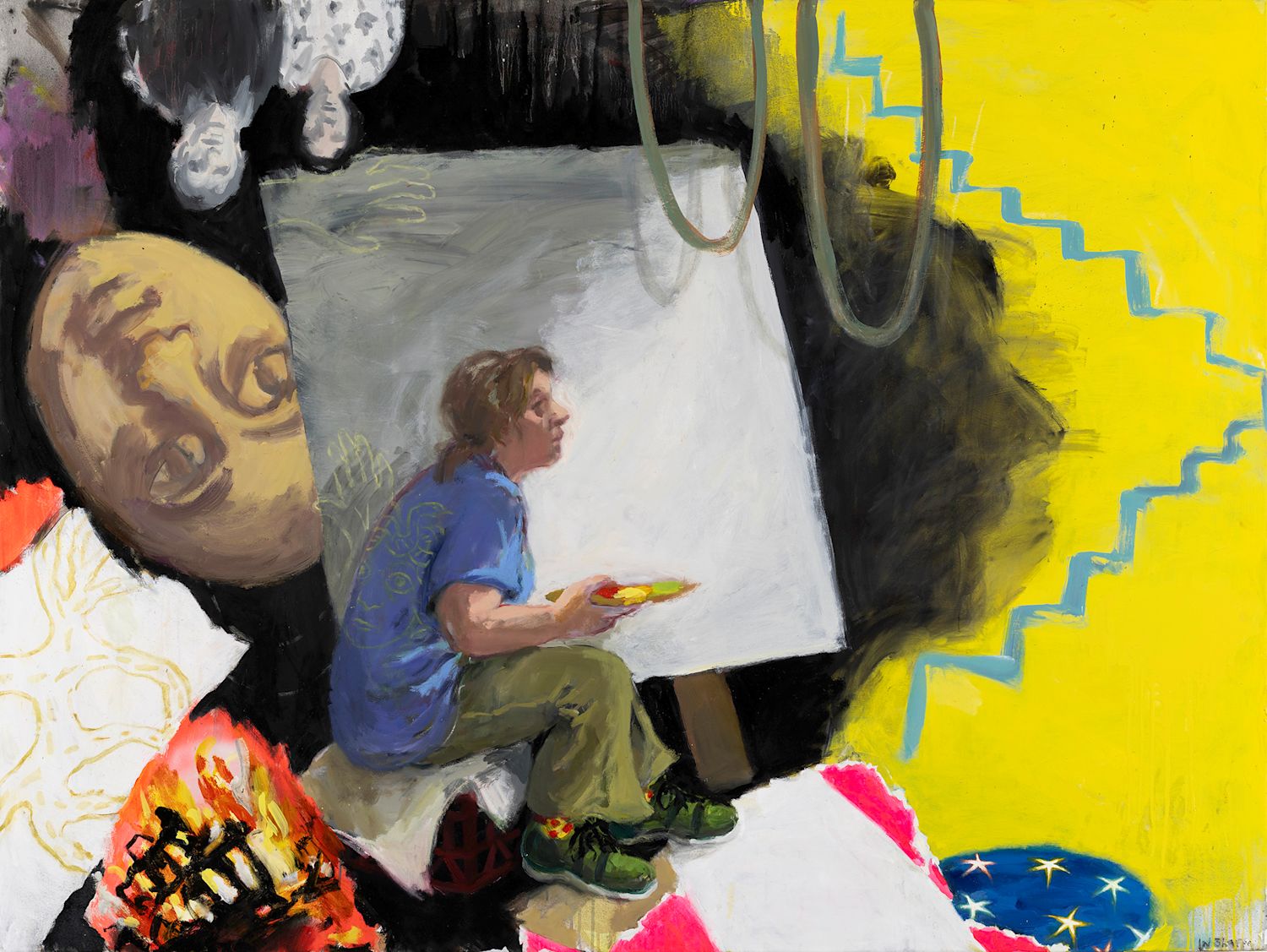Brought together via an open-call, this collection of moving image works suggests time, space and material as mutable and unsettled. Through the potential of the moving image as both form and process, and its possibilities for the juxtaposition, re-articulation and compression of time and space, the artists in Flux blur boundaries between past and present, new and old, public and private, interior and exterior.
Artists include: Holly Ahern and Eden Crawford-Harriman, Laura Carthew, Lyle Duncan, Tyza Hart
HOLLY AHERN AND EDEN CRAWFORD-HARRIMAN
As environmental disasters, ecological concerns, and political instability on a global scale remain at the forefront of our minds, we question whether technology can provide us with meaningful or constructive escape. Both willing and unwilling participants of the rapidly changing technological age, we are fascinated by the ‘outmoded’ where old technologies aren’t just rendered obsolete but are staged as already outdated. The introduction of
‘technological structures’ takes the ‘digital’ off the platform and into the physical, providing a way to take control over the interpretation of technology. No Tears (2018-2023) is the amalgamation of an intimate, collaborative practice over five years, connecting ideas from what we understand as before and bringing them into the ecology of the now.
LAURA CARTHEW
It’s a great and terrible gift to be reborn. The only trouble is, you have to die first.
The clouds have died is an installation of video, sculptures and sound. Symbols such as a dog’s ear, an inverted staircase sun and astronomical imagery, form a romantic landscape entrenched in allegory. Using poetry, three different generations of females speak of real and imagined memories collapsing in time. This immersive installation is a manifestation of death and rebirth; both melancholic and sublime.
LYLE DUNCAN
Space Supervised brings to question the ever-blurring line between private and public spaces in our cities. The viewer follows the artist around a peculiar ‘rooftop parkland’ in Brisbane city, which feels neither public nor private. The work examines the equity of access to spaces like these and interrogates the authority that public space holds over us.
TYZA HART
In the mid 90’s I wrote a collection of autofiction exploring queer desire, existential malaise, social power dynamics, and dreams of alternate futures. I was 7 years old living next to a church in Pittsworth; I dressed my bike as a dragon. In Pittsworth 1998/2018 (2018, digital video 3:49 mins) I rode around town stopping at places significant to a selection of stories that I read from my grade 2 writing book.
Image: Laura Carthew. The clouds have died, 2020.










